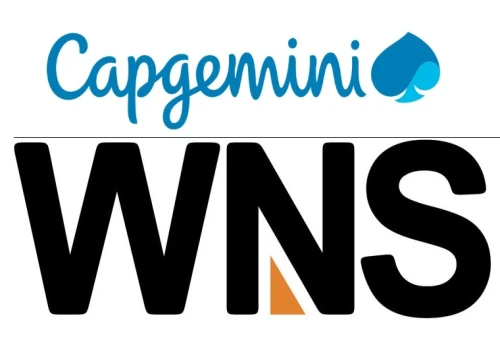
The way we work is undergoing a dramatic transformation. The traditional 9-to-5 office job is no longer the sole path to a successful career. A new wave of workers, the gig workers, are entering the workforce, seeking flexibility, autonomy, and the ability to control their workload. But is the gig economy a utopia of freedom and opportunity, or a Wild West of instability and exploitation?
The Allure of the Gig Economy
The gig economy thrives on short-term, project-based work. Individuals offer their skills and services on platforms that connect them with businesses or clients. From freelance writers and graphic designers to ride-sharing drivers and handymen, the gig economy encompasses a vast array of professions.
For many, the gig economy offers a compelling alternative to the traditional work model. Here are some key attractions:
- Flexibility: Gig workers have the freedom to choose their projects, set their schedules, and work from anywhere with an internet connection. This allows for a better work-life balance, catering to those who juggle childcare, pursue further education, or simply desire a more flexible lifestyle.
- Variety: Gig work offers an escape from the monotony of routine office jobs. Workers can diversify their skillset by taking on different projects and collaborating with various clients.
- Potential for Higher Earnings: Skilled and experienced gig workers can potentially command higher hourly rates compared to traditional salaried positions.
The Dark Side of the Gig
However, the gig economy also comes with its share of challenges:
- Income Instability: Gig work often lacks the security of a regular paycheck and benefits. Income can fluctuate significantly depending on the availability of projects and market demand.
- Lack of Benefits: Gig workers typically don't receive health insurance, paid leave, or other benefits offered by traditional employers. This can pose a significant financial burden and leave workers vulnerable in times of illness or hardship.
- Uncertainties and Exploitation: The gig economy can be a breeding ground for exploitation. Unclear contracts, unfair payment practices, and a lack of job security are all potential issues gig workers may face.
The Future of Work: A Hybrid Approach?
The gig economy is here to stay, and it's likely to continue growing in the years to come. However, it's important to recognize that it's not a one-size-fits-all solution. While some may thrive in the gig world, others might prioritize the stability and security of traditional employment.
The future of work might lie in a hybrid model, where individuals can leverage the flexibility of the gig economy alongside the security of traditional employment. Additionally, regulations and policies need to be adapted to ensure fair treatment and basic protections for gig workers.
The Need for Upskilling and Reskilling
The rise of the gig economy underscores the importance of upskilling and reskilling. With automation and technological advancements disrupting traditional job markets, workers need to continuously develop new skillsets to remain relevant and competitive in the ever-evolving gig landscape.
Conclusion: A Balancing Act
The gig economy presents a unique set of opportunities and challenges. Whether it's a boon or a bane depends on individual circumstances and the ability to navigate the complexities of this new work paradigm.
As the gig economy evolves, it's crucial for individuals, businesses, and policymakers to work together to ensure a future of work that fosters flexibility, opportunity, and security for all.












